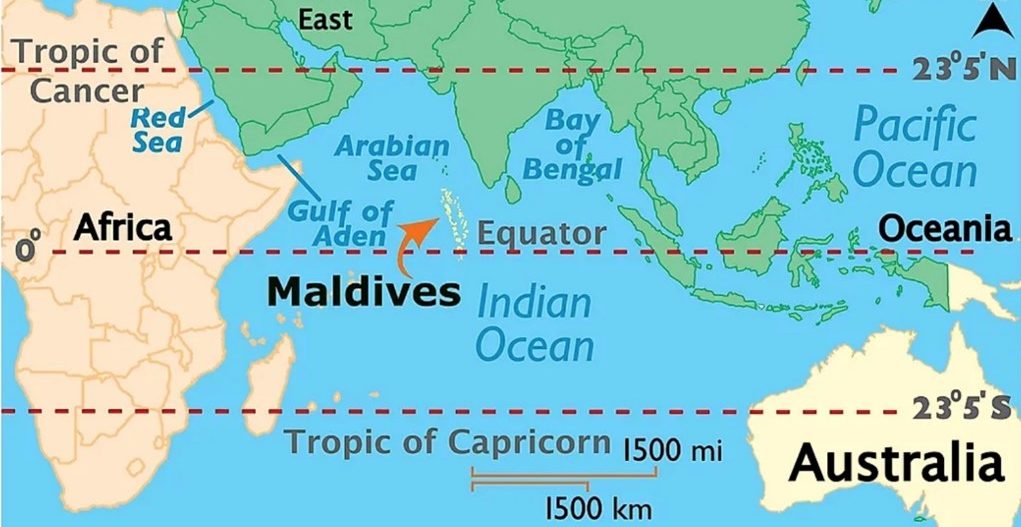ForumIAS announcing GS Foundation Program for UPSC CSE 2025-26 from 27th May. Click Here for more information.
Source: The post shift in Maldives’ foreign policy has been created on the article “With Mohamed Muizzu’s India-out policy, Turkey’s inroads into Maldives” published in “Indian express” on 29 November 2023.
UPSC Syllabus Topic: GS paper 2- International relation-India and its neighbourhood-relations.
News: The article talks about how the Maldives, under its new President Mohamed Muizzu, is changing its foreign policy by choosing Turkey as a key partner.
There is a big shift in Maldives policy from its previous focus on India and China. Turkey, under President Erdogan, is becoming more influential in the region. The Maldives is using its strategic position to balance between different powerful countries. This change challenges India, which needs to adjust its strategy.
What is the new shift in Maldives’ foreign policy?
Historical Context: Previous President Abdulla Yameen favored China, while his successor Ibrahim Solih adopted an “India First” policy. Now, Muizzu’s decision reflects a new direction.
Strategic Position of Maldives: The Maldives, with its critical location in the Indian Ocean, is leveraging its position to form new alliances, as seen in its pivot towards Turkey.
Geopolitical Implications: This shift highlights the changing dynamics in South Asian geopolitics, with smaller states like the Maldives playing major powers against each other for strategic advantages.
For information on India- Maldives relations read here
Why is Turkey’s role important?
Turkey’s Multi-dimensional Role: Turkey is broadening is incluence due to its strategic location at the crossroads of Europe, Asia, and the Middle East and NATO membership. It is involved in strengthening its influence in Middle east, Asia and Africa. This is evident in Turkey’s deepening relations with Pakistan and his stance on issues like Kashmir, as well as in the Maldives’ recent choice to make Turkey the destination for President Muizzu’s first official visit.
What are the implications for India?
Strategic challenge: The Maldives’ position in the Indian Ocean is crucial for major powers, including India, for controlling sea lines of communication. Maldives foreign policy shift could impact India’s strategic interests.
Potential for Regional Instability: India needs to be wary of the potential destabilization in the region due to Turkey’s rising influence. It is because Turkey is closer to other regional players like Pakistan.
What should be done?
Acknowledging Small States’ Agency: India should recognize the growing influence and strategic leverage of smaller nations like the Maldives. It’s important for India to remain patiently engaged, leveraging its geographical proximity and historical ties.
Engagement in Domestic Politics: Understanding and involving itself in the internal political dynamics of the Maldives is crucial for India.
Collaborating with Gulf Nations: To counter Turkey’s influence in the Maldives, India could collaborate with Gulf countries like Saudi Arabia and the UAE.
Expanding Strategic Outreach: India should look to broaden its foreign policy reach beyond South Asia. Actively engaging in regions like the Middle East and Central Asia could serve as a counterweight to Turkey’s growing influence.
Question for practice:
Discuss how the Maldives’ new foreign policy shift impacts India’s interests in the region.





